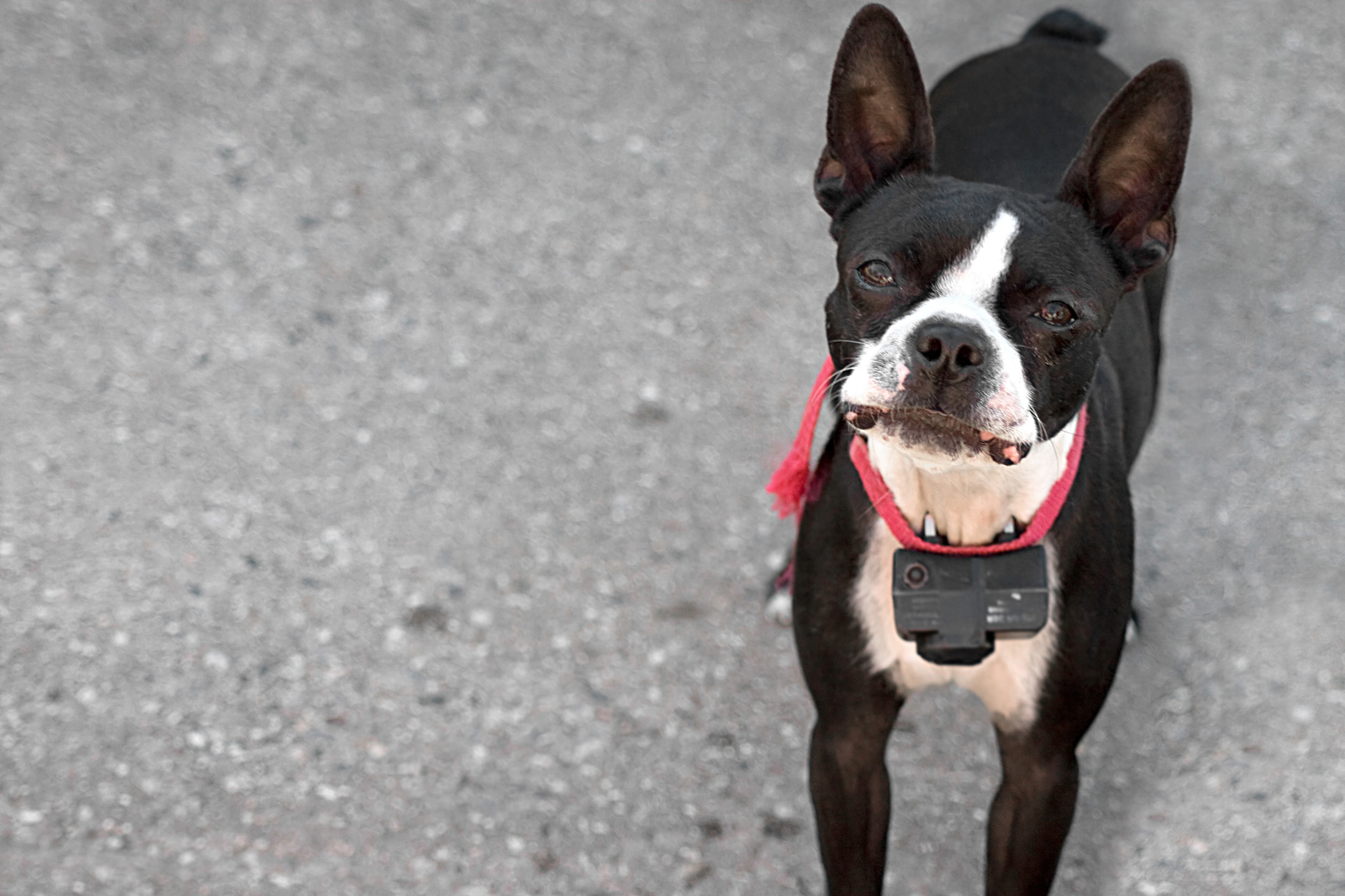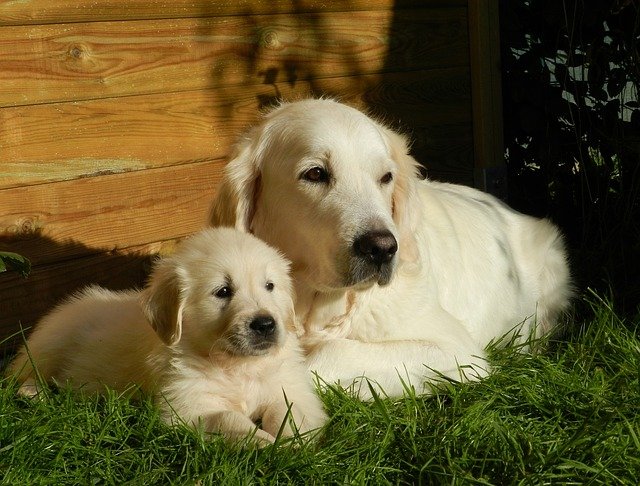Are you looking for a comprehensive guide to dog training? Look no further! In this article, we will answer some of the most frequently asked questions about dog training. Let’s get started with one of the most common concerns: how many days per week should I train my dog?
The short answer is that it depends on your schedule and the level of obedience you want from your furry friend. Ideally, you should aim to train your dog at least three or four times a week. However, if you have limited time, even just two sessions per week can be effective as long as they are consistent and well-planned. Remember that consistency is key when it comes to dog training.

Now let’s move onto another important topic: potty training. Potty training is essential in preventing accidents inside the house and ensuring that your pup grows up to be well-behaved. The best way to potty train your puppy is by establishing a routine and sticking to it. Take your puppy outside every hour during waking hours and after meals, playtime, or napping. Reward them when they go outside and clean up any messes indoors immediately. With patience and persistence, your puppy will learn to use the bathroom outside in no time.
Another crucial aspect of dog training is obedience training. This involves teaching your dog basic commands such as “sit,” “stay,” and “come.” The best obedience training method for your dog will depend on their breed, age, temperament, and learning style. Some popular methods include clicker training, positive reinforcement training, and leash/collar training. Be sure to research different techniques and choose one that aligns with your values and goals.

In closing, what is the best puppy training method? Again, there isn’t a one-size-fits-all answer. It depends on your individual needs and preferences. That being said, we recommend choosing a balanced approach that focuses on building a strong relationship based on trust and respect. Puppies need plenty of socialization, exercise, and mental stimulation to thrive. Find activities that both you and your pup enjoy, such as hiking, swimming, or agility training. Consistent routines, clear communication, and positive reinforcement are also essential components of successful puppy training.
All in all, dog training requires dedication, patience, and knowledge. By answering these FAQs, we hope to have provided you with a solid foundation for training your beloved companion. Good luck and happy training!
